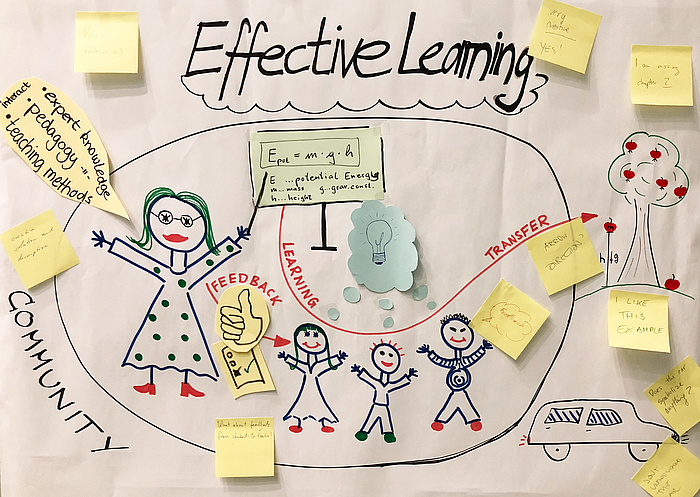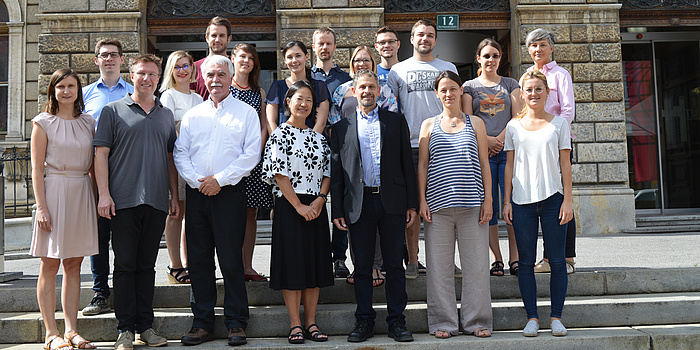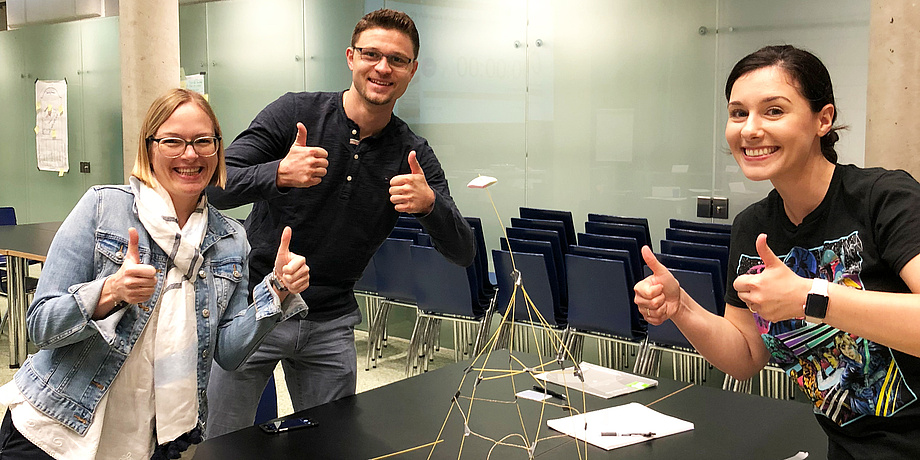How can you overcome the hot summer month of July? Ideally with an English refresher.
Every year the Department of International Relations and Mobility Programmes organizes this course, where professors from Montclair State University help faculty members to enhance their ability to teach, publish, and present in English. I am sure most of us are proficient in English because of our daily work duties; however, I support the theory that there is always room for improvement. Whether you want to work on your pronunciation, look for new and engaging techniques to teach your students or aim at becoming a better writer, this course gives you a unique opportunity to do exactly that.What are you getting yourself into?
I first heard from colleagues about this three-week summer programme. As all of them raved about how good it was and that their English has definitely benefited from attending the classes, I was convinced that I should apply for this summer term. To be honest: you do not get the chance to partake in such a course very often. Personally, my goals were to get some new insights into different teaching methodologies, refine my writing, and in general get the most out of the course.So, what is “Teach, Present, and Publish in English” all about?
In a nutshell, you have three weeks of classes, four days a week, 6 hours a day on three different topics:- Essential spoken English (by Greg Waters)
- Academic English writing skills (by David Galef)
- Methodology of teaching (by Mika Munakata)

Dreaming in English – Greg Waters
Since the course is entirely held in English you have an opportunity to practice your speaking skills constantly; whether we would present our own research topic, contrast the education system in Austria and the United States, or discuss poetry, we were always surrounded by the language. On the first day – I think Greg pointed out – the goal is to immerse yourself so that you start to dream in English (which one of my colleagues could confirm after two weeks).“The interest is in the details and what you do with them.” – David Galef
As David emphasized throughout the course, do not be afraid to include details of interest to the reader in scientific writing. The impact section of your funding proposal is much more convincing if you give specific examples, for instance how much money the average household can save using your technique.The impact section of your funding proposal is much more convincing if you give specific examples.
Besides addressing the more formal scientific writing process, we also dabbled in a bit of creative writing such as nanofiction – 140 characters or less – about what to do if the world’s going to end tomorrow: “To pay your taxes the day before the rapture seems foolish, but most people do not realize there’s a special hell for tax evaders.” (Lukas Gottsbacher)A safe space to try and fail – Mika Munakata
Besides building free-standing uncooked spaghetti towers that could hold a single marshmallow at the top, we dived into the factors that facilitate a powerful learning experience with Mika, discussed teaching principles for effective learning, and wrote syllabi for our own courses.I especially enjoyed the practical parts, as I could already work on group activities which I am planning on incorporating into my teaching in the upcoming semester.
During our own short teaching demonstration, we tried out new techniques and ideas and got feedback from our peers. I especially enjoyed these practical parts, as I could already work on group activities which I am planning on incorporating into my teaching in the upcoming semester.So what’s the verdict? Worth your time?
I am not going to lie: It is an intensive three-week programme. For me personally, the course was well worthwhile and I would suggest that you check it out.I am not going to lie: It is an intensive three-week programme. For me personally, the course was well worthwhile.

